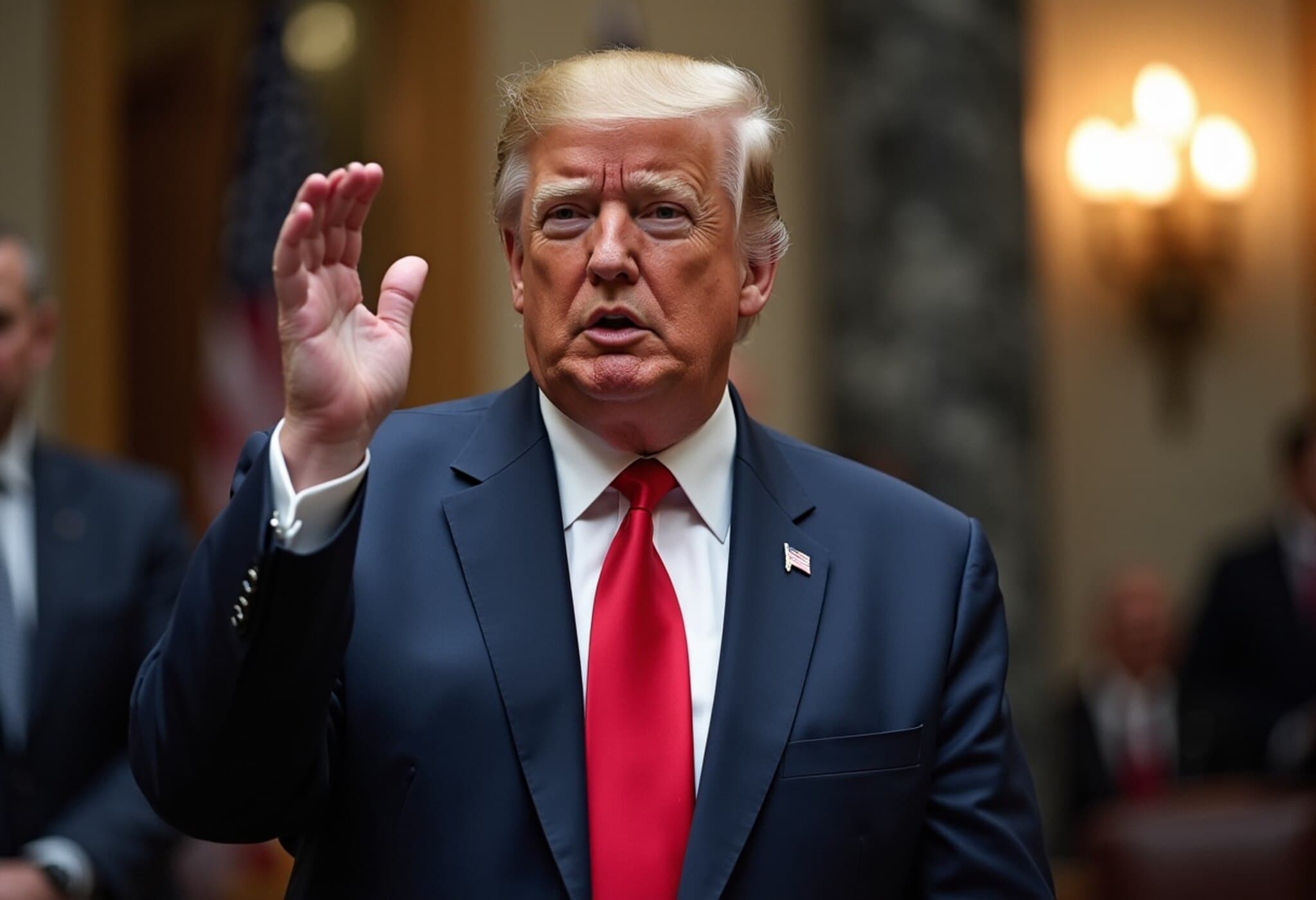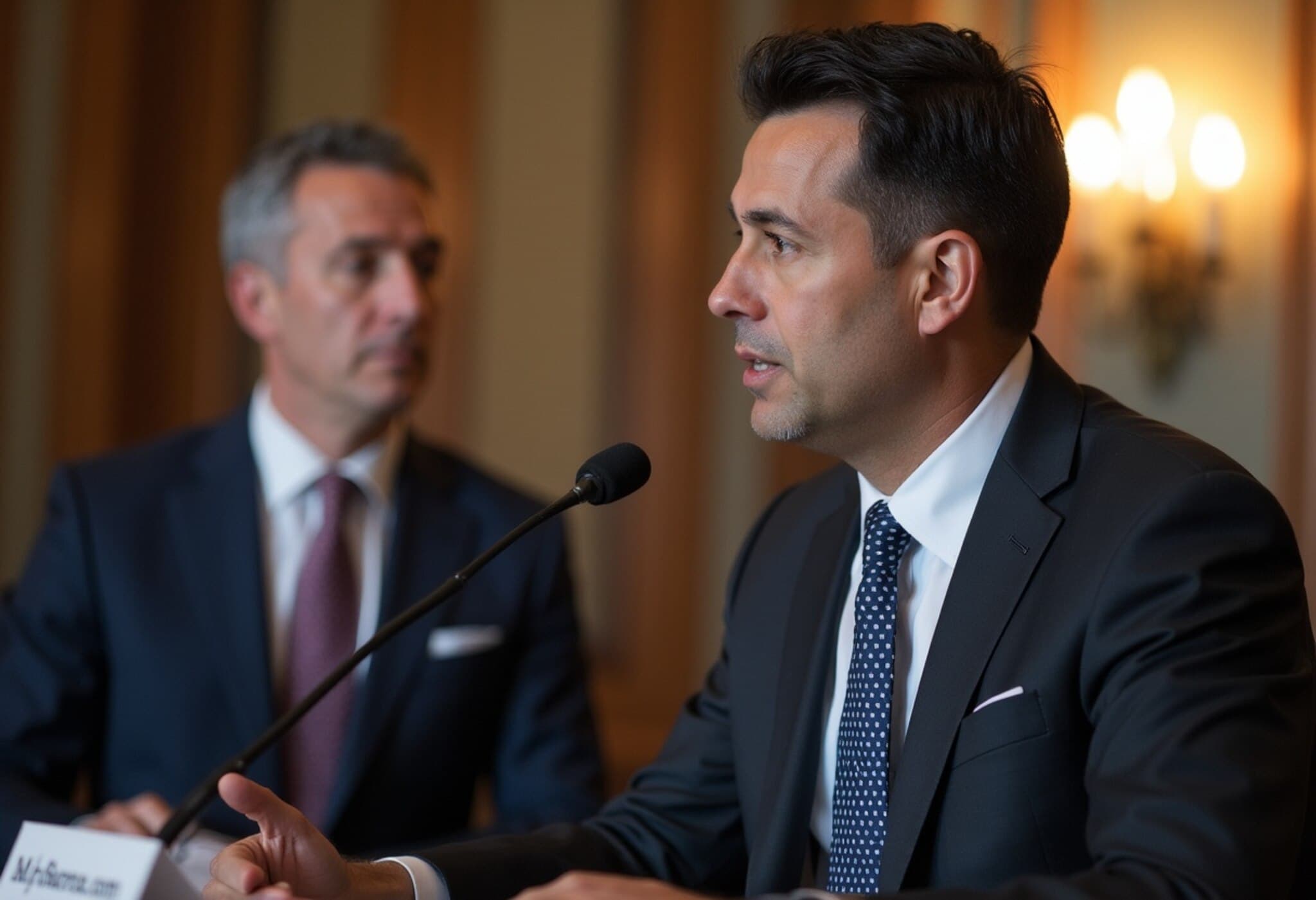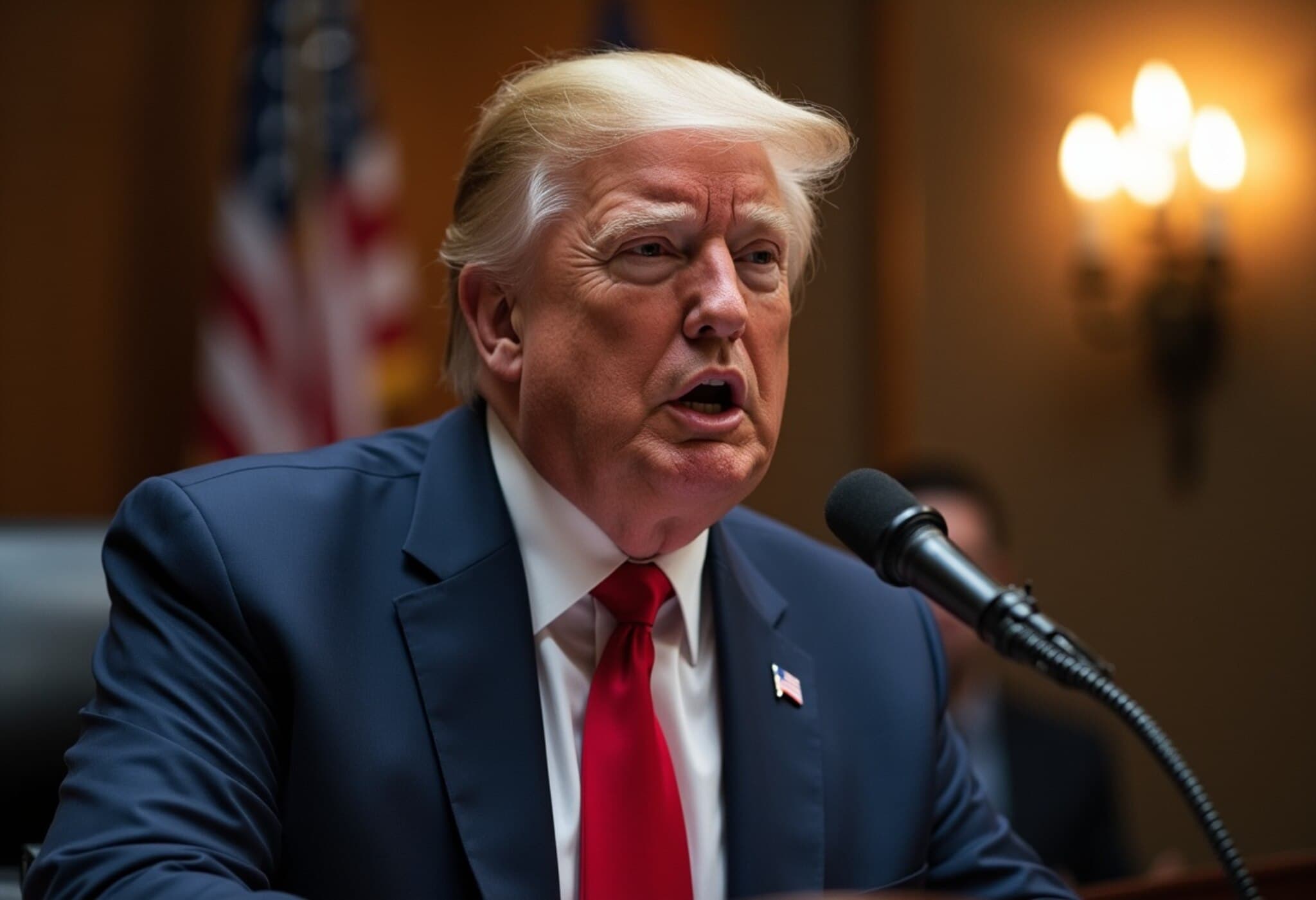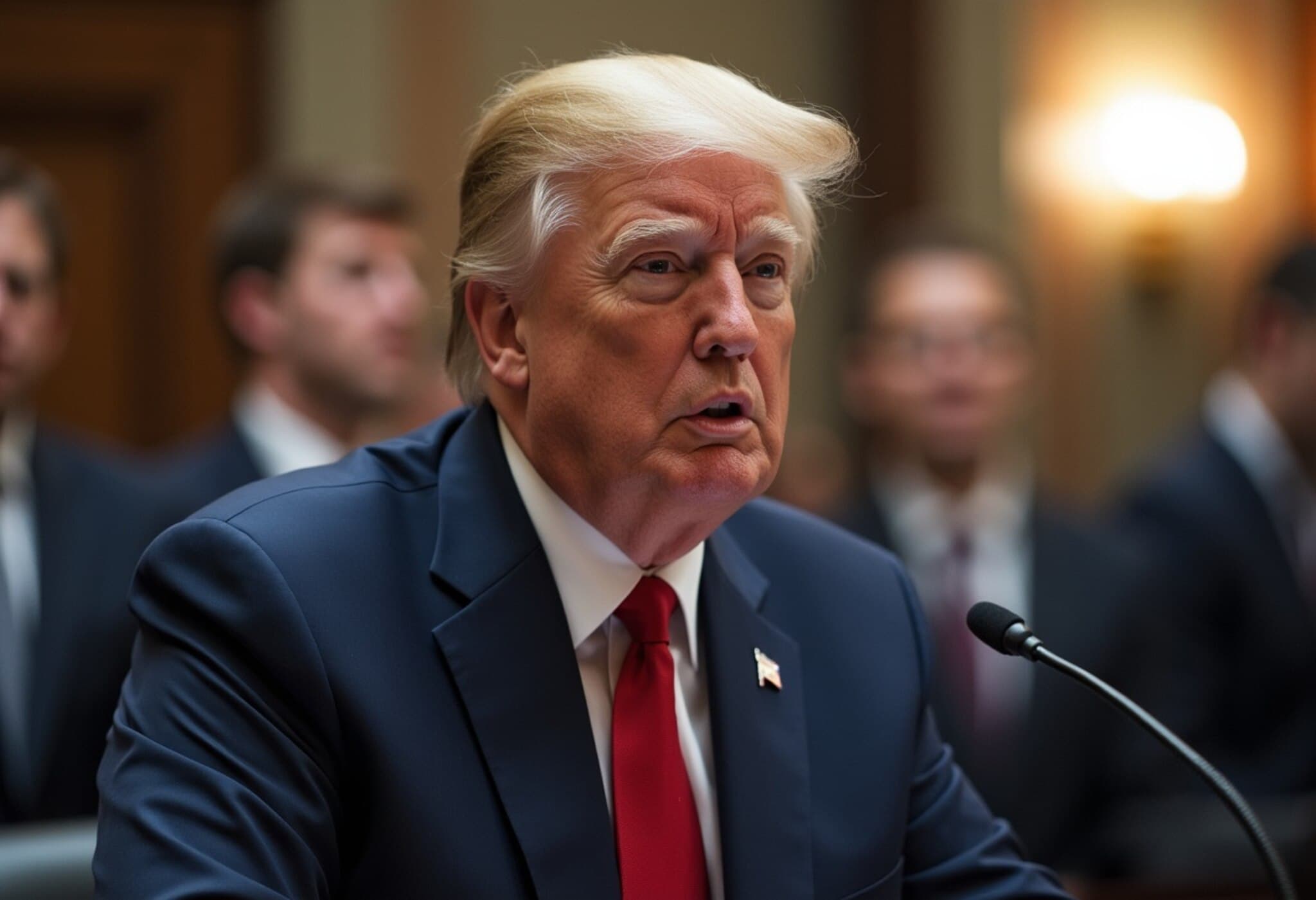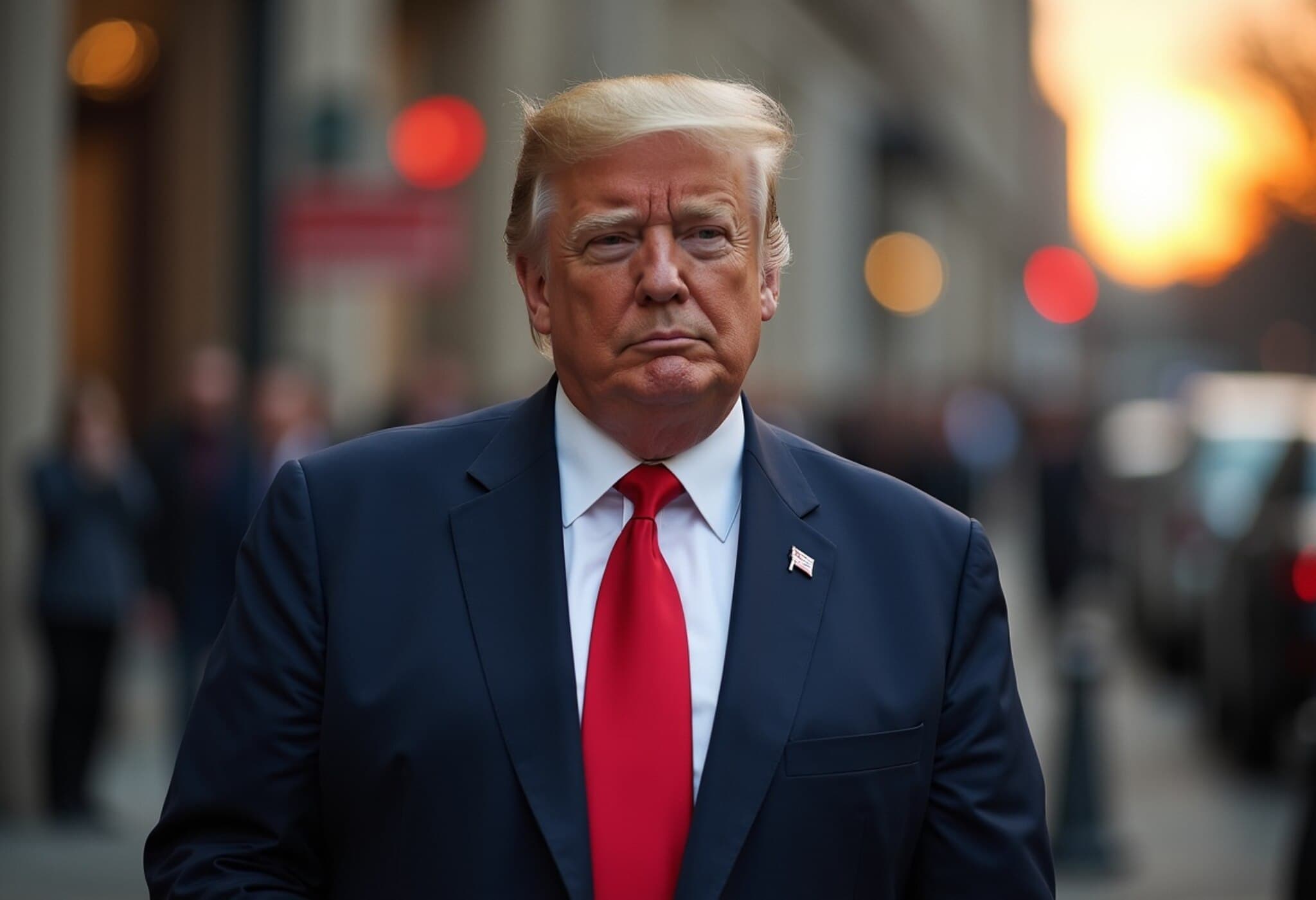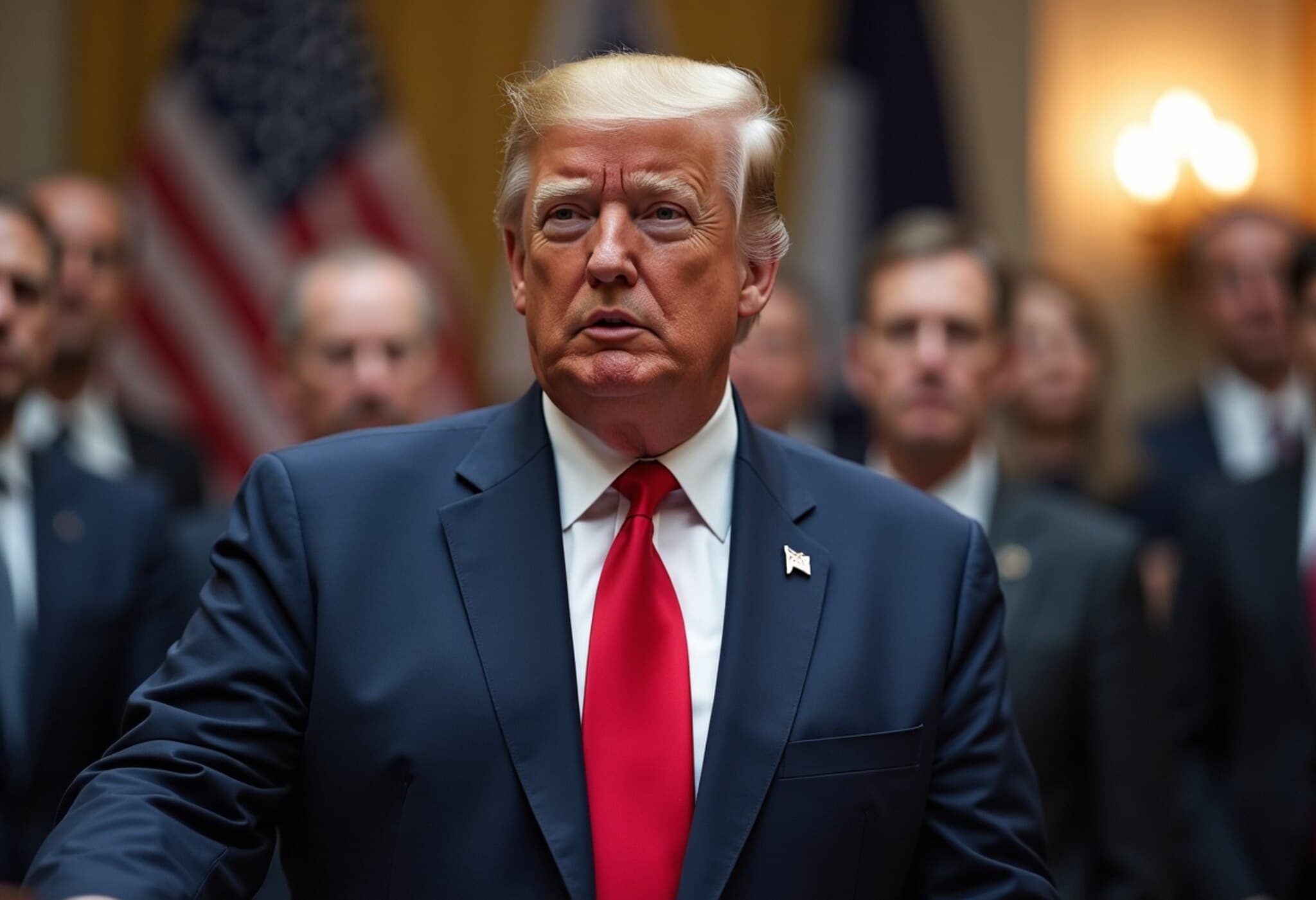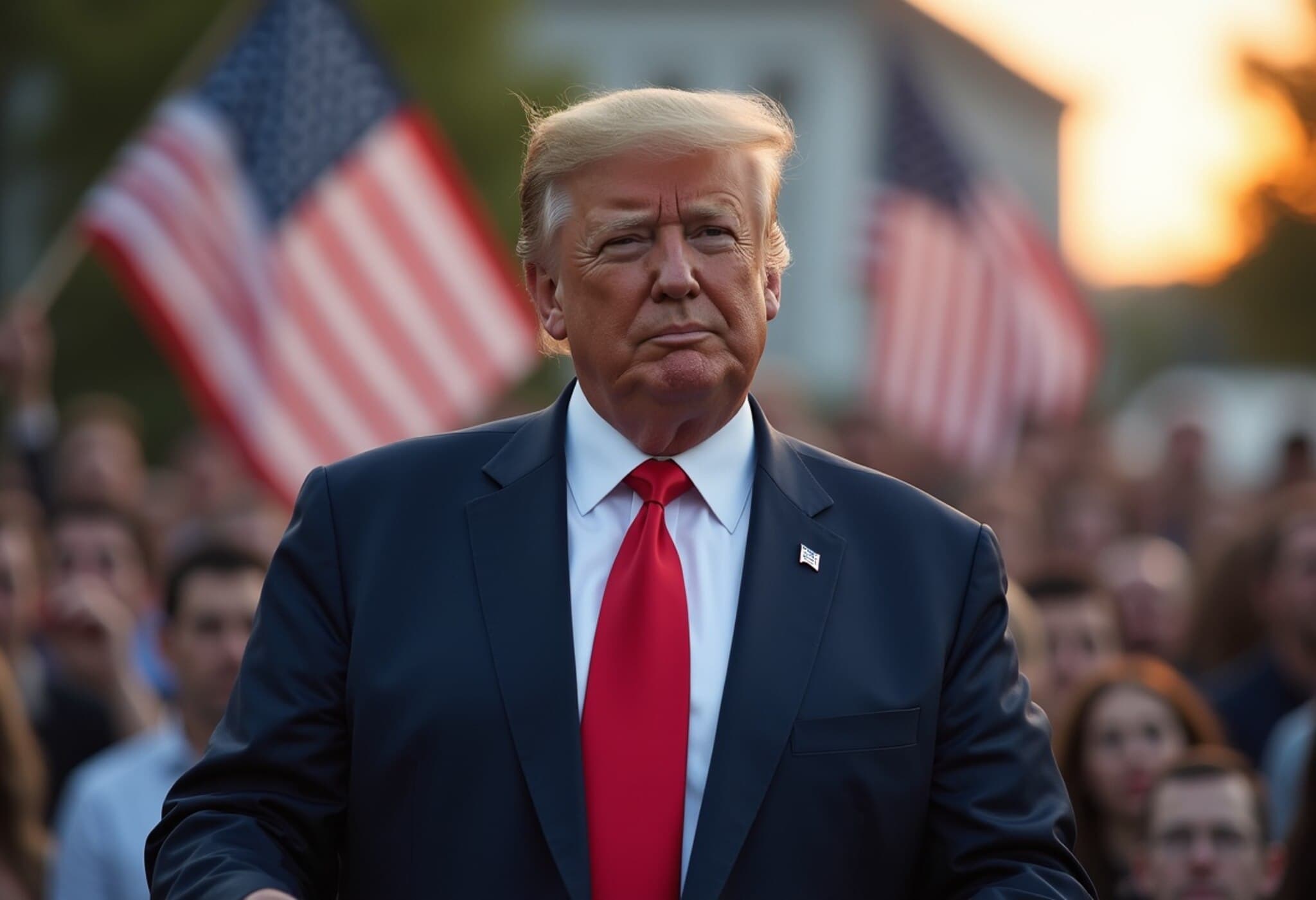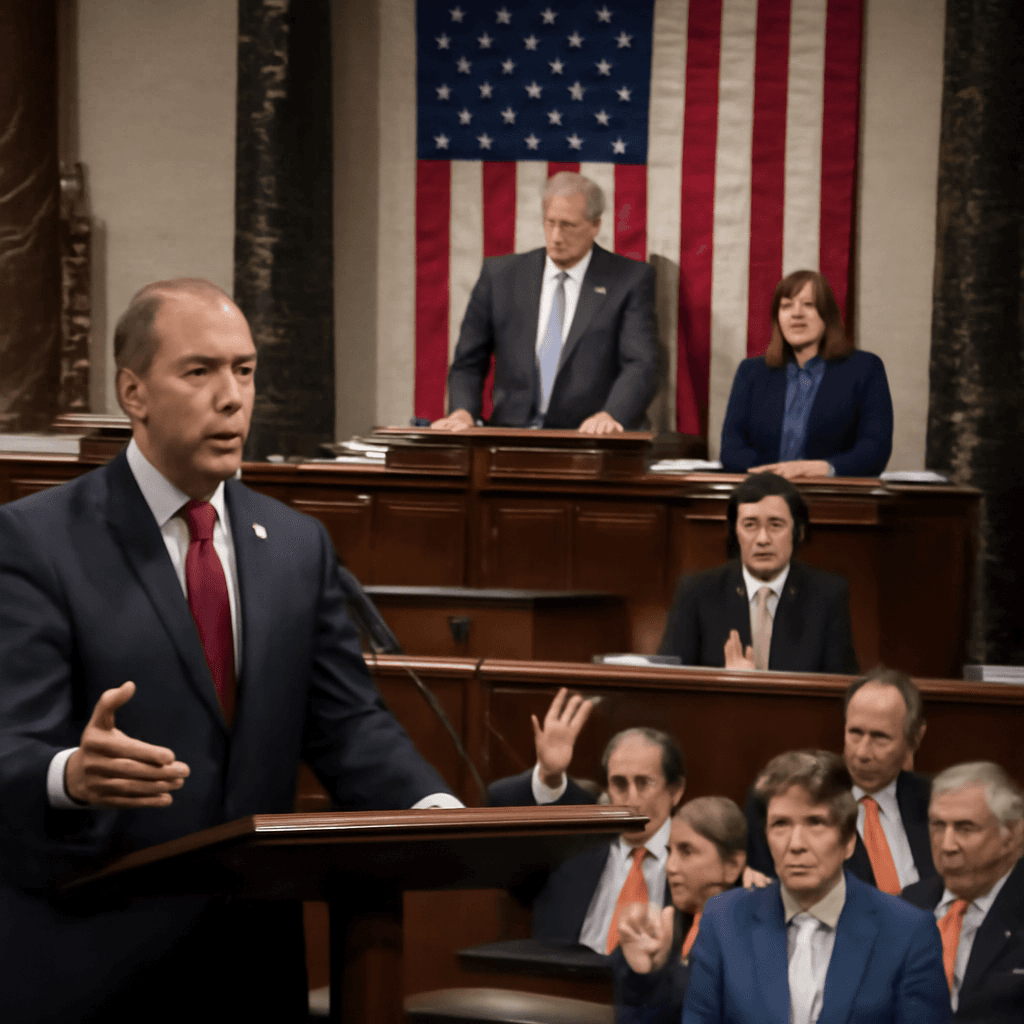House Pushes Forward on Trump’s Landmark Domestic Policy Bill Amid GOP Struggles
In a dramatic overnight session, the House of Representatives took a crucial step toward passing President Donald Trump’s signature domestic policy legislation—a sweeping bill that proposes roughly $4.5 trillion in tax cuts, increased military and border security spending, alongside substantial cuts to social welfare programs.
Narrow Vote Breaks GOP Deadlock
After hours of tense negotiations and delays stretching into the early hours, the House voted 219-213 to advance the bill for floor debate, narrowly overcoming resistance from conservative Republicans uneasy about the bill’s scale and fiscal impact. Speaker Mike Johnson’s efforts to corral his caucus were aided by the intervention of President Trump, who personally lobbied hesitant members, cajoling and pressuring them to secure enough 'yes' votes just before the vote deadline.
Only one Republican, Representative Brian Fitzpatrick of Pennsylvania—a moderate—joined all Democrats in opposing the measure that permitted the bill to move forward. This slim margin was critical since the GOP majority in the House leaves little room for defections.
High Stakes and Intra-Party Divisions
The bill’s journey has been obstructed by a fraught divide between fiscally conservative Republicans, who expressed concerns over the growing deficit and federal debt, and moderates wary of the deeper Medicaid cuts incorporated during Senate negotiations. The Senate’s version, which passed by a razor-thin margin following intense GOP wrangling, introduced additional spending and amendments that exacerbated tensions within the party.
Conservative hardliners, especially members of the House Freedom Caucus, criticized provisions they saw as diluting fiscal austerity goals—including allowances for renewable energy tax credits, delayed work requirements for Medicaid, and a larger debt limit increase than initially envisioned.
Representative Chip Roy of Texas expressed frustration with the Senate’s approach, emphasizing the necessity for the House to assert its priorities rather than acquiesce fully to Senate changes. Moderates voiced unease over the increased Medicaid cuts, concerned about the political ramifications ahead of upcoming elections.
Trump’s ‘Big Beautiful Bill’ and the Race Against Time
Facing a self-imposed July 4 deadline, President Trump remained actively involved throughout, alternating between charm and pressure. He hosted several lawmakers at the White House, employing both personal appeals and political leverage to rally support behind the bill. Trump publicly chastised GOP holdouts on social platforms, warning that delays could cost them politically.
The bill aims to extend and expand tax cuts introduced during Trump’s first term, coupled with increased funding for defense and border security, paid for in part by cuts to programs like Medicaid and the Supplemental Nutrition Assistance Program (SNAP). However, Democrats rallied in unified opposition, condemning it as a giveaway to the wealthy that would decimate social safety nets.
Next Steps: Debate and Final Vote
With the procedural hurdle cleared, the House began debating the bill shortly after the vote, with Democratic Leader Hakeem Jeffries vowing to use full debate time to oppose the legislation. The final vote on the bill is anticipated within hours, with Speaker Johnson optimistic about securing passage but aware that not all GOP members are fully satisfied.
If approved by the House, the bill will be sent to President Trump’s desk for signature, fulfilling a cornerstone of his domestic policy agenda.
Democrats Rally Against the Legislation
On the steps of the Capitol, Democrats denounced the bill's planned cuts to Medicaid and nutrition assistance. Representative Seth Magaziner of Rhode Island portrayed the GOP’s push as prioritizing political optics over constituents’ welfare. Democratic leaders also sought to persuade vulnerable Republicans in swing districts to oppose the legislation.
Conclusion
The congressional push to deliver on President Trump’s expansive tax and spending plan has revealed deep fissures within the Republican Party. Yet, through determined leadership and presidential involvement, the bill has moved closer to becoming law, underscoring the complexities and high stakes of governing in a narrowly divided Congress.

